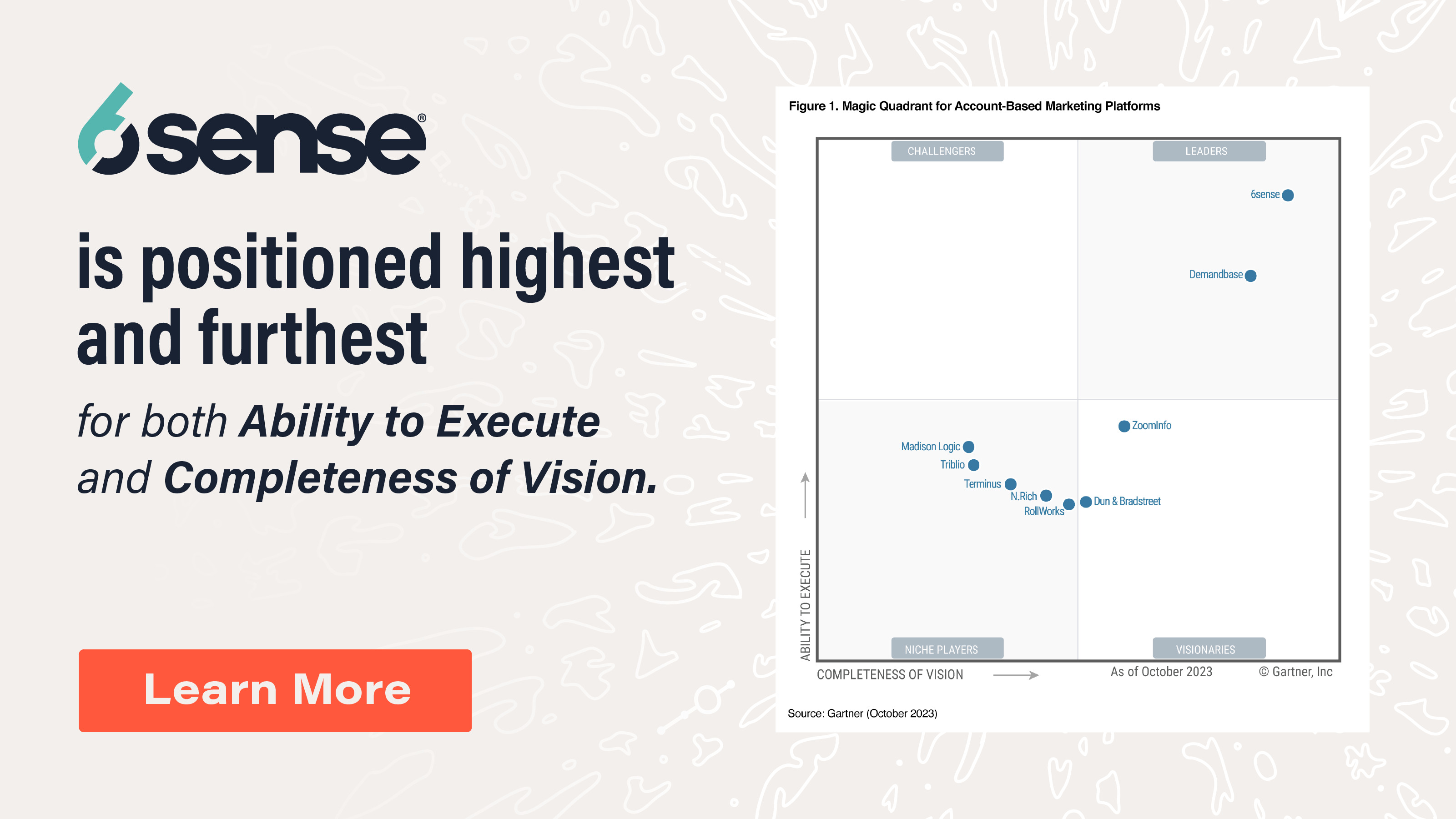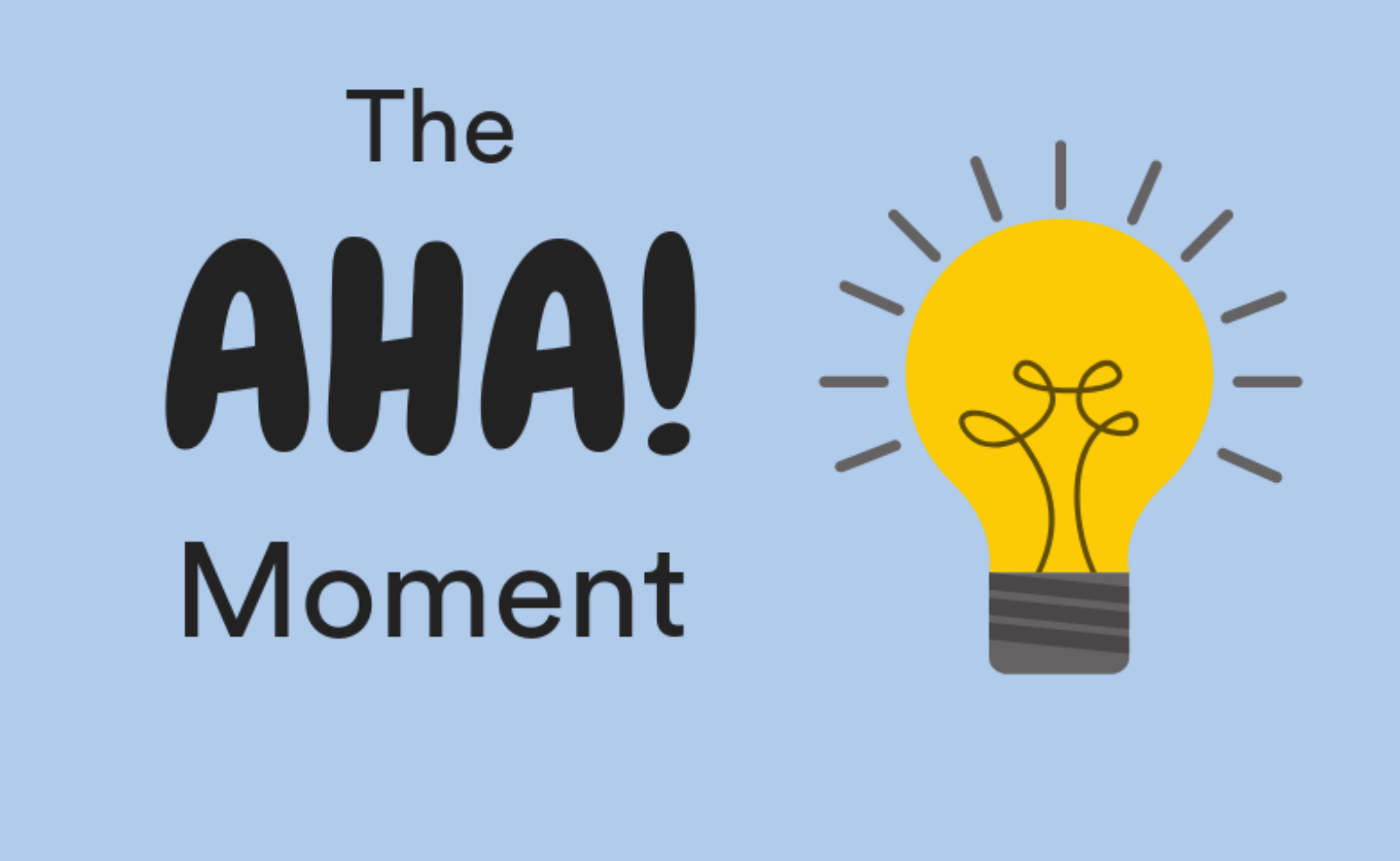Editor’s Note: CMO Coffee Talk is an open space for more than 1,300 CMOs to come together weekly with their peers and discuss timely, crowd-sourced topics. Matt Heinz of Heinz Marketing co-hosts these dynamic, illuminating conversations with 6sense CMO Latané Conant.
Given the relatively short tenure of chief marketing officers (less than two years according to many studies), it’s no surprise that a high percentage of CMOs at any given time are either actively interviewing for new roles, thinking hard about getting into the fray, or have recently been through the gauntlet.
So, a recent CMO Coffee Talk session that focused on “the CMO interview” was especially meaty and prescient. We covered a wide range of topics — what investors want to hear, which potential executive peers need to be part of the process, red flags to watch for, and more.
By far the most lively discussion, and likely most controversial topic, was the CMO “assignment.”
Doing the Work Before You Get the Job
Asking for work examples during the hiring and interview process is nothing new. Many CMOs consider it a critical part of the process when hiring key roles within their own teams.
CMOs are often asked to prove their mettle by doing some work-like tasks during interviews, too. But when do “interview assignments” for prospective CMOs go too far? When do they become less of a candidate checkpoint and more a consulting project these CMO candidates should get paid for? And is it fair to assume someone outside the company can (in near real time) supply deep/relevant/actionable insights?
Although you clearly can’t control what CEOs and investors/board members might be looking or asking for (assuming they know!), the process is still entirely useful for both sides. And some CMOs actually view it as a highly valuable part of their own process in vetting a potential company, industry, and executive peer group.
Vetting Goes Both Ways
Here’s what one CMO shared in chat on the “assignment” debate:
“As the interviewee, I would ALWAYS create a marketing plan not for them but for ME. To gauge how they reacted to my ideas. It helps me understand the situation I might be stepping into, as well as how the discourse might go with prospective executive peers. I’ve turned down several roles after this process.”
All hiring is a two-way street. The hiring organization is investing significant time/effort to decide if you are the right candidate. What are you doing (as the interviewee) to do the exact sample thing — ensuring the org is going to be a great fit operationally?
In this light, the CMO “assignment” isn’t just extra work for the hiring company’s behalf. Consider these scenarios:
- If the hiring team is defensive about or dismissive of your ideas outright…
- Or if you find that they cut each other down during the discussion…
- Or if in your due diligence you find some larger holes and problems in the business that will make it harder to be successful…
…aren’t these reasons to potentially not take the job, and therefore reasons why that “assignment” was in fact a huge benefit and time saver?
It’s better to spend a couple hours now than suffer through a role, company, peer group, and experience that could have been avoided (for both sides).
Coming Up on CMO Coffee Talk…
In our next CMO Coffee Talk meet-up (which is just around the corner!), we’ll deep-dive into how B2B marketing teams are rethinking the buying committee into 2022.
As younger team members gain increasingly higher authority and influence in the buying decision, how do their preferences change approach and execution? How does a broader view of the full customer journey impact and change buying committee members, cohorts, and approach? Find out soon!
Join Our Thriving Community!
If you’re a B2B CMO or head of marketing and want access to a community of your peers (1,300 strong and growing) as well as many specific ABM-related resources, benchmark reports, tactical examples and more, we welcome you! Click here to apply for membership.



